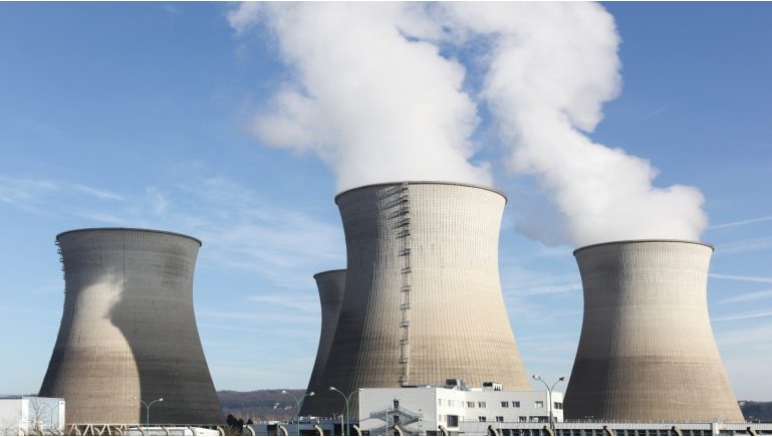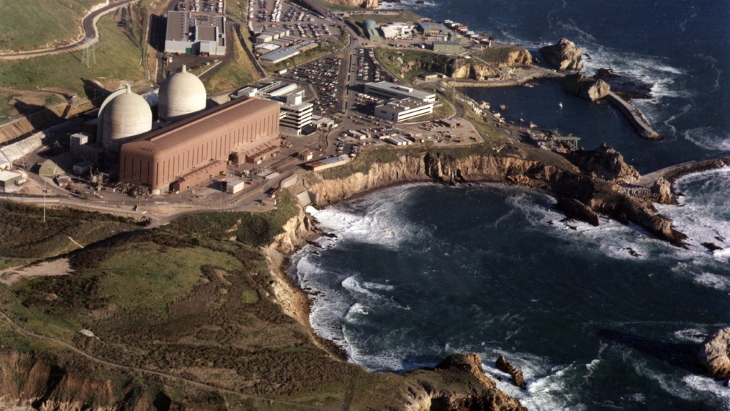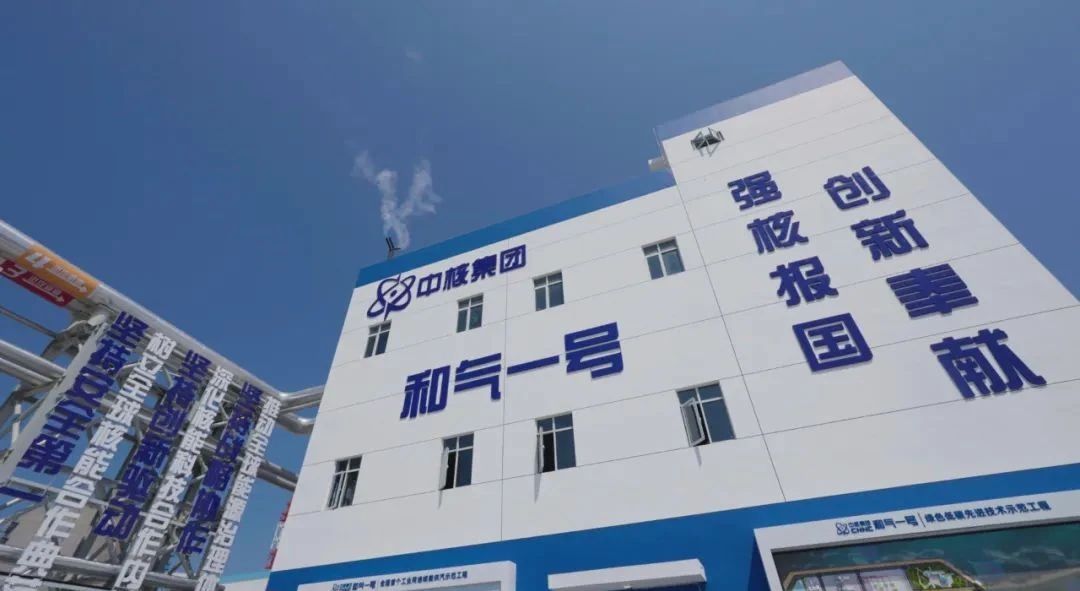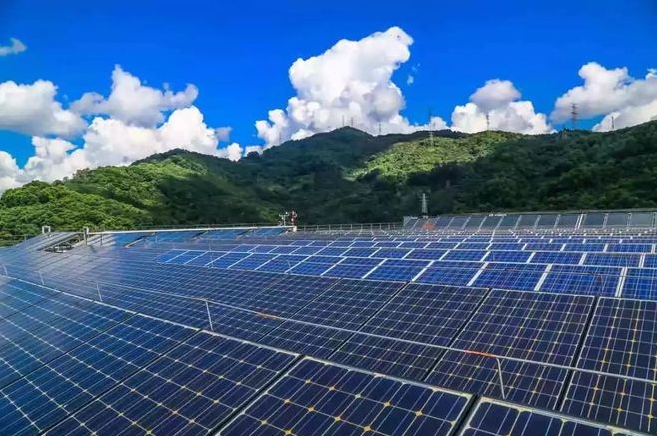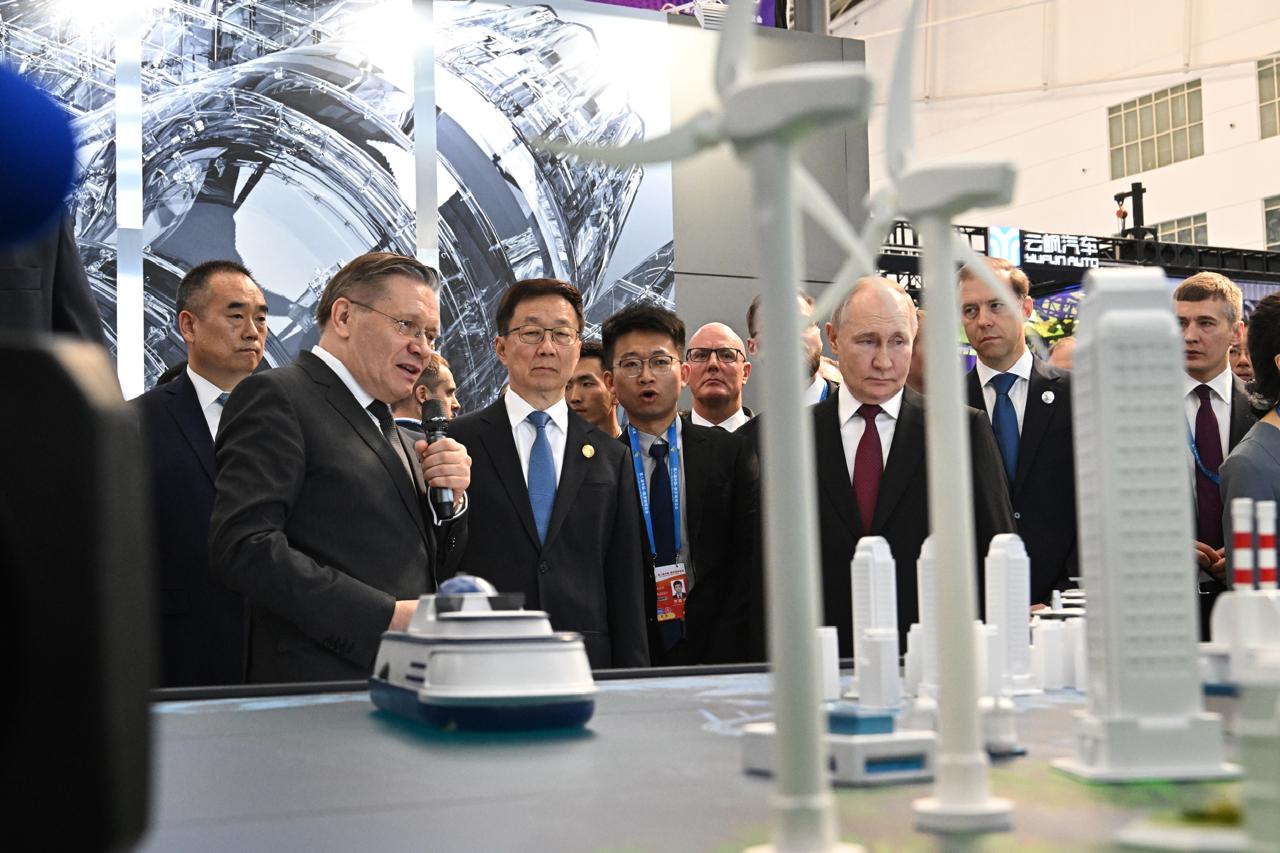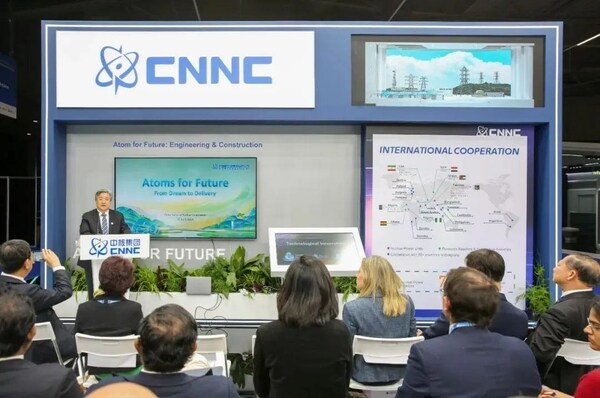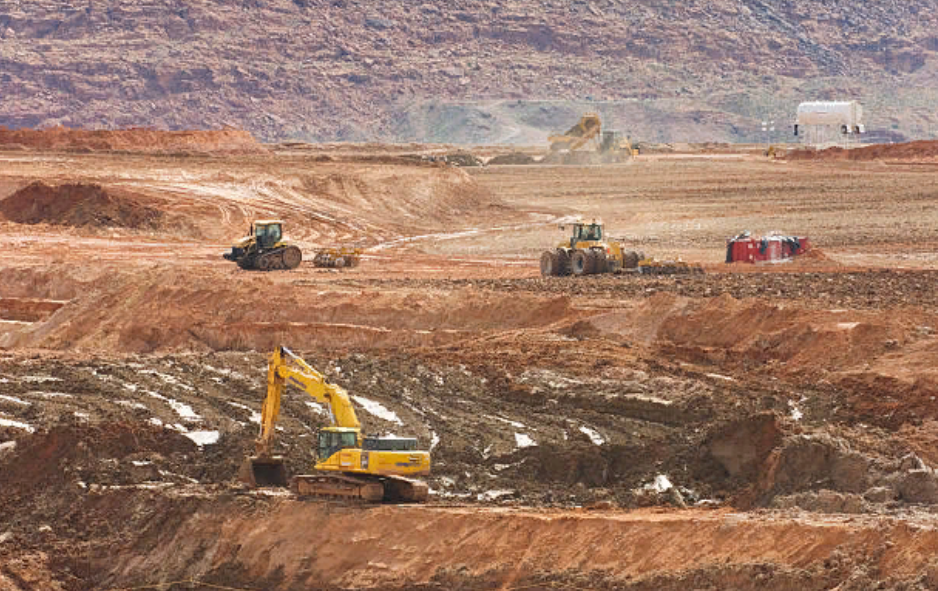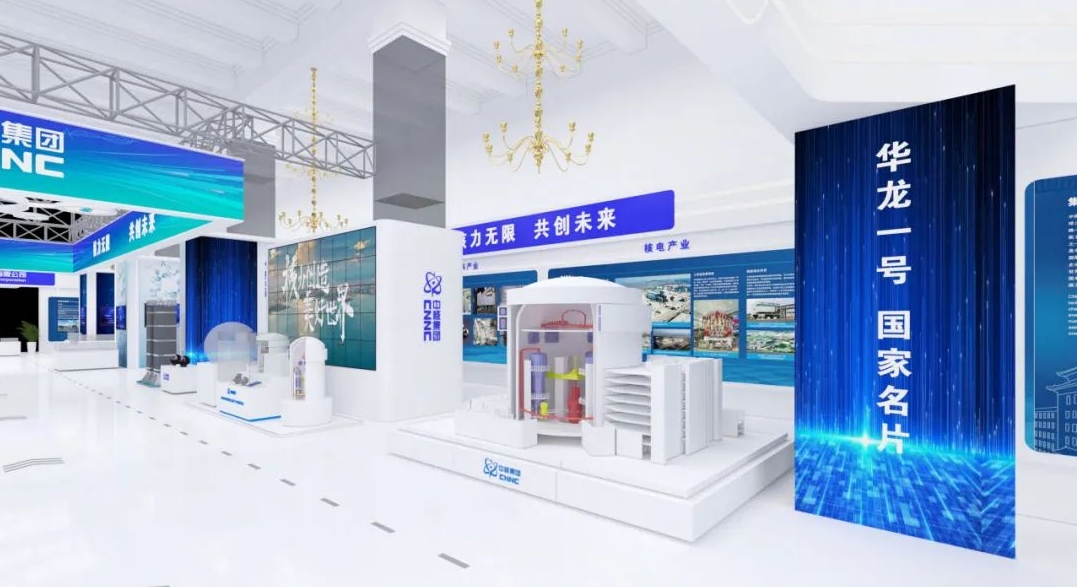The concession contract was signed by Biovéa Énergie, the company that will carry out the project. It will be 40% owned by the giant Électricité de France (EDF) and 36% by Meridiam, a French company specializing in the development, financing and management of infrastructure projects. Biokala, the subsidiary of the large Ivorian industrial group Sifca, holds the remaining shares (24%).
The project is being supported by Proparco, the subsidiary of the French Development Agency (AFD) in charge of private sector financing, and also by the Dutch Development Finance Corporation (FMO).
“All the conditions necessary to make the project a success have been accepted by the various partners. This signature is the key element of the economic model of this project, which includes the distribution of risks and responsibilities and defines the role of each actor, including the government,” said Valérie Levkov, EDF’s Africa, Middle East and Eastern Mediterranean Director.
The energy plant dubbed Biovéa biomass power plant upon completion will produce electricity from oil palm waste. It will have two units of 23 MW each. Electricity will be produced by eliminating 480,000 tonnes of oil palm waste. which will be sold to the Electricity Company of Ivory Coast (CIE) for a period of 25 years under the power purchase agreement. CIE, will purchase 1 kWh of electricity at US $1.
According to the signed agreement, EDF is responsible for the construction of the installation. Biokala will be responsible for managing the biomass supply chain. In this case, it is oil palm waste. The company will source its supplies from 12,000 farmers. The residues will be transported to the plant site in Ayebo in the south-east of Ivory Coast.
Meridian on the other hand has been tasked with ensuring financial stability of the project which requires an investment of US $223m. Construction is set to begin in mid 2020 and completed by 2023.
